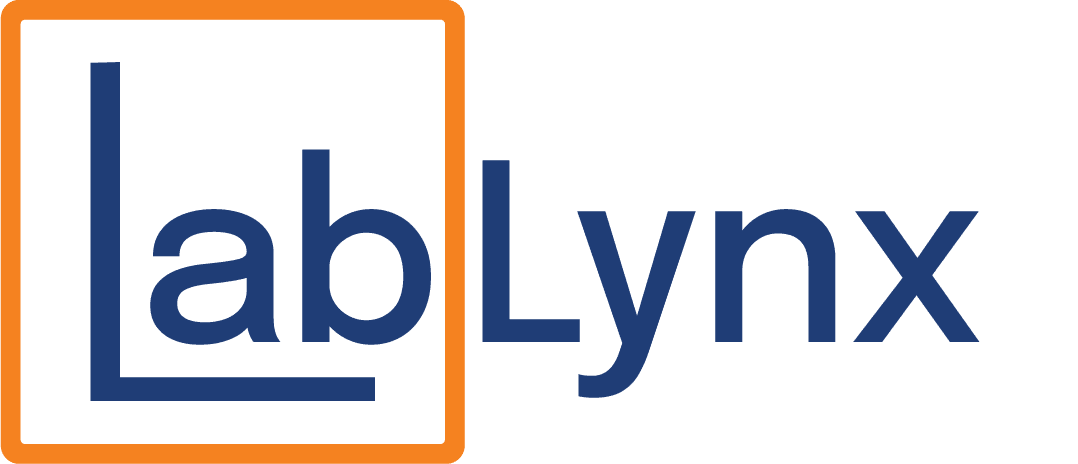Elevating Analytical Chemistry with Advanced LIMS Solutions from LabLynx
In the intricate world of analytical chemistry, where precision, accuracy, and efficiency are paramount, Laboratory Information Management Systems (LIMS) have become indispensable tools. LabLynx, a leader in the development of innovative LIMS solutions, is at the forefront of integrating cutting-edge technology with the specific needs of analytical chemistry laboratories. This detailed exploration highlights how LabLynx’s LIMS solutions are revolutionizing analytical chemistry, enhancing data integrity, streamlining operations, and facilitating compliance with regulatory standards.
The Essential Role of LIMS in Analytical Chemistry
Analytical chemistry laboratories are tasked with the complex challenges of managing vast amounts of data, ensuring the accuracy of results, and adhering to stringent regulatory requirements. In this context, LIMS solutions by LabLynx provide an essential framework for managing these demands efficiently. By automating data capture, storage, and analysis, LIMS ensures that analytical chemistry laboratories can maintain the highest standards of data integrity and accuracy, which are crucial for making informed decisions and upholding public safety.
Key Features of LabLynx LIMS for Analytical Chemistry
LabLynx recognizes the unique challenges faced by analytical chemistry laboratories and offers LIMS features tailored to meet these specific needs:
- Automated Data Management: LabLynx’s LIMS automates the collection and management of data from a wide range of analytical instruments. This automation reduces the potential for human error, ensuring the accuracy and reliability of data.
- Streamlined Workflow Management: From sample receipt to analysis and reporting, LabLynx’s LIMS streamlines every step of the laboratory workflow. This not only increases efficiency but also ensures that all procedures are carried out according to predefined standards.
- Quality Control and Compliance: With built-in quality control features, LabLynx’s LIMS helps laboratories adhere to internal standards and regulatory requirements, including GLP, GMP, and ISO standards. The system facilitates real-time monitoring and validation of data, ensuring compliance and audit readiness.
- Customizable Reporting: LabLynx’s LIMS allows for the customization of reports to meet the specific needs of analytical chemistry laboratories. This flexibility ensures that laboratories can easily share and interpret data in a way that is most meaningful to their operations.
- Secure Data Access and Sharing: The LIMS from LabLynx ensures secure data storage, with role-based access controls and data encryption. This security framework supports safe data sharing within the laboratory and with external stakeholders, enhancing collaboration and transparency.
LabLynx: Pioneering LIMS Solutions for Analytical Chemistry
LabLynx’s dedication to innovation and quality has positioned it as a leading provider of LIMS solutions for the analytical chemistry sector. By understanding the unique needs of this field, LabLynx has developed LIMS solutions that not only address the challenges of data management and workflow efficiency but also support laboratories in achieving and maintaining compliance with regulatory standards.
The integration of advanced LIMS solutions from LabLynx in analytical chemistry laboratories represents a significant leap forward in the quest for higher efficiency, accuracy, and compliance. As laboratories continue to evolve and face new challenges, the role of LIMS in ensuring operational excellence and regulatory compliance becomes increasingly vital.
The synergy between analytical chemistry and LIMS is transforming laboratory operations, setting new standards for efficiency, accuracy, and compliance. LabLynx leads this transformation by offering advanced LIMS solutions specifically designed to meet the challenges of analytical chemistry. With LabLynx’s LIMS, analytical chemistry laboratories are well-equipped to navigate the complexities of modern laboratory management, ensuring that they can continue to provide the critical insights and analyses that underpin scientific advancement and public safety.


